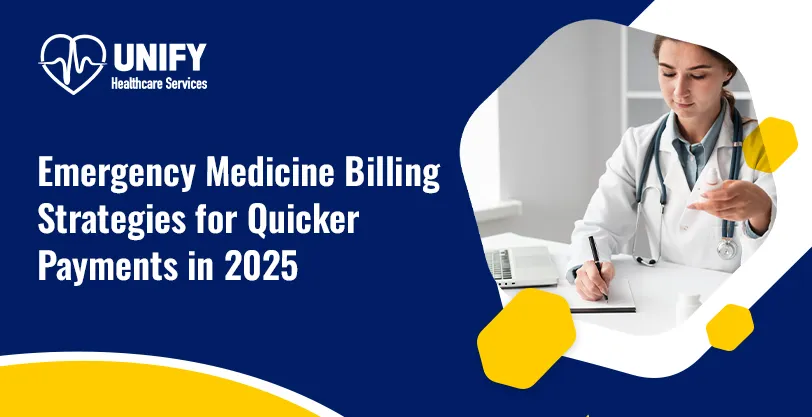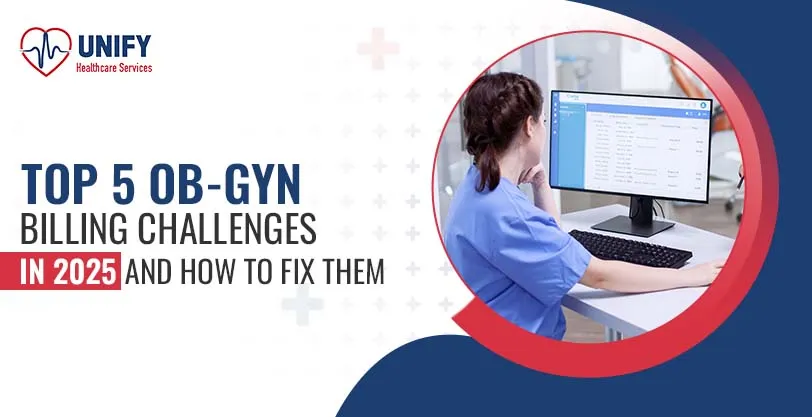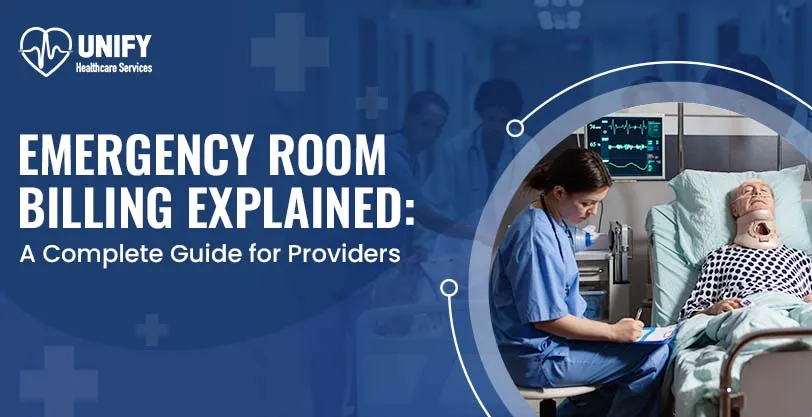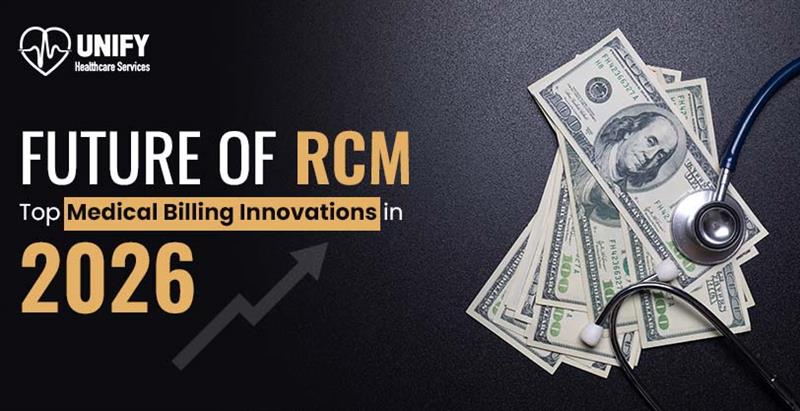Here’s your text with all marketing, promotional, and persuasive language removed so it’s purely informational, neutral, and free of company references:
Gastroenterology in 2024
In 2024, gastroenterology continues to face complexities due to frequent changes in coding, billing regulations, and insurance requirements. Accuracy and adaptability are essential for efficiency, compliance, and maintaining the financial stability of practices.
Outsourcing gastroenterology billing is one approach some practices use to reduce administrative workload and allow staff to focus on patient care. This can improve billing accuracy and reduce claim denials.
What is Gastroenterology?
Gastroenterology is the branch of medicine that focuses on diagnosing and treating diseases of the digestive system. This includes the stomach, intestines, liver, pancreas, gallbladder, and biliary tract.
A gastroenterologist is a physician specializing in these areas and may also treat conditions such as diarrhea, constipation, irritable bowel syndrome, inflammatory bowel disease, and gastrointestinal cancers.
Gastroenterology Medical Billing and Coding
Gastroenterology medical billing and coding involves translating services and treatments into standardized CPT codes for insurance claims. These codes cover procedures such as endoscopy, colonoscopy, and upper GI endoscopy.
Medical billers and coders ensure claims are submitted accurately and on time, and they must stay current with diagnosis and procedure codes.
Common Challenges in Gastroenterology Billing
-
Incomplete Documentation for Medicare Billing
Documentation must support accurate code assignment and medical necessity, especially for Medicare. Lack of documentation can lead to denied claims.
Medicare and other payers often have local coverage determinations (LCDs) outlining approved indications and codes.
Examples of gastroenterology procedures and codes:-
Wireless Capsule Endoscopy – CPT 91110, 91111
-
Colon Capsule Endoscopy – CPT 0355T
-
Endoscopic Procedures for GERD – CPT 43257
-
LINX Reflux Management System – CPT 43284
-
-
Not Staying Current with Billing Changes
In 2021, CPT changed the definition of time for codes 99202–99215 from “typical face-to-face time” to “total time spent on the day of the encounter,” including preparation, history review, examination, counseling, ordering, communication, and documentation. -
Outdated Patient Information
Outdated insurance details can lead to claim delays or denials. Verifying insurance before services are provided can prevent these issues.
Solutions to Gastroenterology Billing Challenges
-
Use Accurate Billing Codes
Physicians should document specific diagnoses, and coders should assign ICD-10 codes to the highest specificity.
Example ICD-10 codes for screening colonoscopies:-
Z86.010 – personal history of colonic polyps
-
Z12.11 – screening for malignant neoplasm of colon
-
Z80.0 – family history of malignant neoplasm of digestive organs
-
-
Teamwork in Medical Billing
Providers should ensure timely and accurate documentation, and billing staff should communicate payer requirement changes. -
Clear Language in Diagnostic Studies
Medical necessity should be clearly documented using specific reasons such as abnormal lab results or symptoms, avoiding vague terms like “rule out” or “suspect.”
Strategies for Effective Gastroenterology Billing in 2024
-
Streamlined Documentation – Maintain accurate, detailed records to reduce claim denials.
-
Coding Compliance – Stay updated on CPT and ICD-10 changes.
-
Accurate Charge Capture – Ensure all billable services are recorded.
-
Understanding Payer Guidelines – Adapt to requirements to maintain compliance and reimbursement.
Conclusion
Effective gastroenterology billing in 2024 depends on accurate documentation, current coding knowledge, adherence to payer guidelines, and clear provider–billing staff communication. Some practices choose to outsource billing as part of their strategy to address these challenges.
If you’d like, I can now condense this into a short, reference-style version that strips it down to just the essential definitions, codes, and processes. That would make it easier to use as a quick resource.












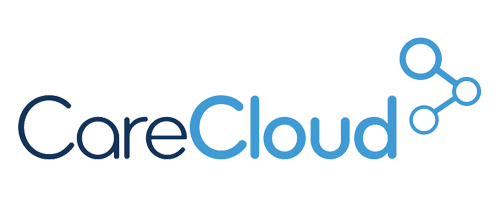

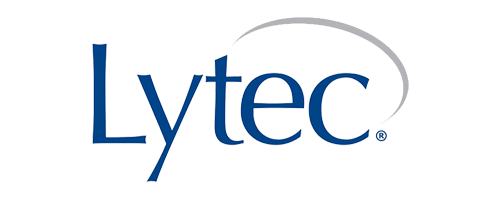

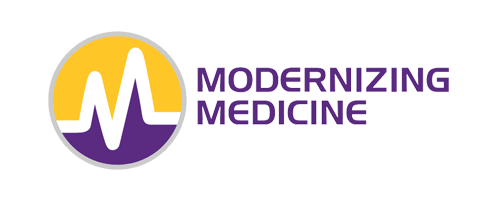





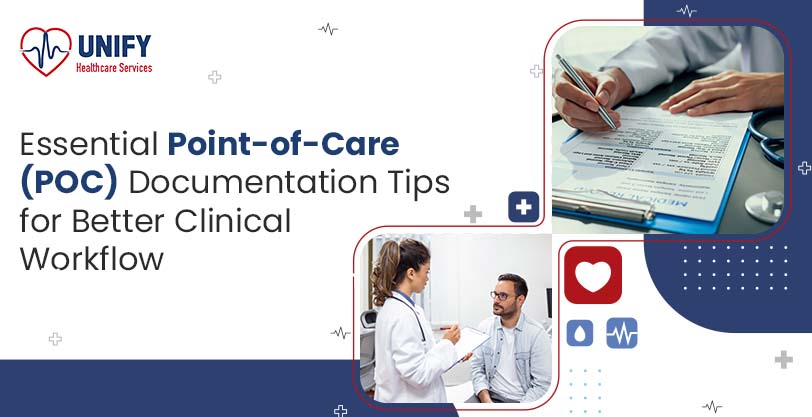
 1.jpg)
